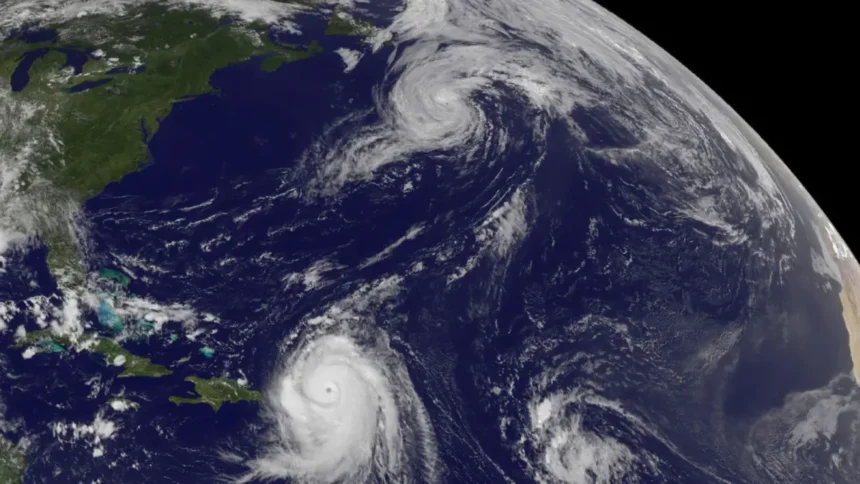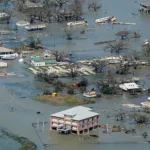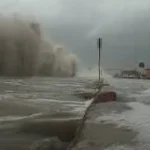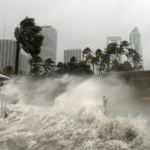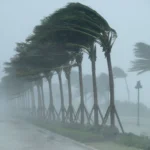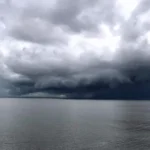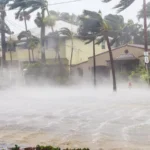The 2024 Atlantic hurricane season is anticipated to be more active than usual. According to the National Oceanic and Atmospheric Administration (NOAA), we could be facing a challenging year with a higher number of storms than the historical average. But what does this really mean for you, your family, and your property? Let’s dive into the details and prepare for what’s ahead.
Understanding the NOAA’s Hurricane Predictions
What Does NOAA Predict?
NOAA predicts an above-normal 2024 Atlantic hurricane season. This forecast suggests a higher likelihood of more frequent and stronger storms. While the average hurricane season includes about 14 named storms, 7 hurricanes, and 3 major hurricanes, this year’s outlook suggests we might see even more.
Why This Prediction Matters
Hurricanes are not just massive storms; they can bring devastating consequences, from flooding and wind damage to loss of life. The NOAA’s predictions help us prepare by understanding the potential risks and taking necessary precautions. By knowing what to expect, we can safeguard our homes, communities, and loved ones.
Factors Contributing to the Above-Normal Season
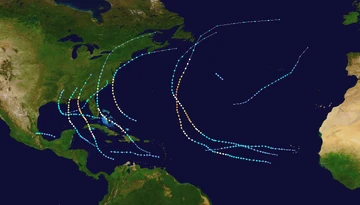
1. Ocean Temperature Anomalies
The temperature of the Atlantic Ocean plays a significant role in the formation of hurricanes. Warmer waters fuel the development of these storms, making them more intense and frequent. In 2024, ocean temperatures are expected to be higher than average, contributing to the above-normal hurricane activity.
2. Climate Patterns Like El Niño and La Niña
El Niño and La Niña are climate phenomena that influence weather patterns across the globe. In years when La Niña is present, the Atlantic typically sees an increase in hurricane activity due to favorable conditions like reduced wind shear. This year, the absence of a strong El Niño suggests we may see more storms.
3. The Impact of Climate Change
Climate change is intensifying the severity of hurricanes. As global temperatures rise, so does the likelihood of more extreme weather events. The NOAA’s prediction reflects the growing influence of climate change on our weather systems, making it more important than ever to stay prepared.
The Importance of Early Preparation
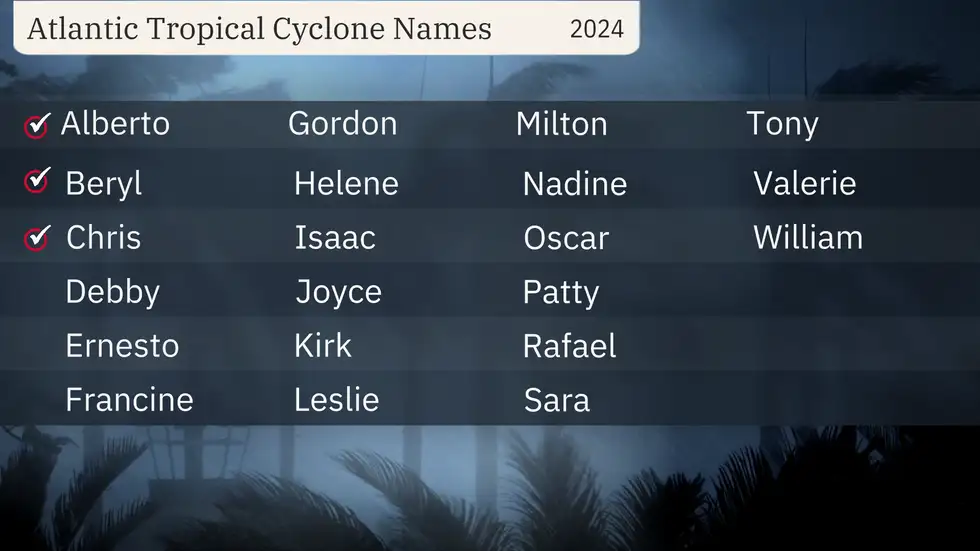
Why Prepare Now?
Preparation is key when it comes to hurricanes. Early preparation can save lives and reduce the financial impact of storms. By taking steps now, you can protect your home, your family, and your community from the potential devastation of a hurricane.
Steps to Take Before Hurricane Season
- Create an Emergency Kit: Include essentials like water, non-perishable food, medications, and important documents.
- Develop a Family Emergency Plan: Ensure everyone knows what to do in case of an evacuation.
- Secure Your Property: Reinforce windows and doors, and clear any debris that could become a projectile in high winds.
Read More- When is Hurricane Season 2024? Everything You Need to Know
How to Stay Informed During the Hurricane Season
NOAA Resources
NOAA provides a wealth of resources to keep you informed during hurricane season. From real-time storm tracking to safety tips, their website and mobile apps are invaluable tools for staying ahead of the storm.
Local News and Weather Alerts
In addition to NOAA, local news stations and weather apps can provide timely updates on storm developments. Sign up for alerts to receive the latest information on your phone or via email.
Community Resources
Many communities offer resources like sandbags, shelters, and evacuation plans. Stay connected with your local government and community organizations to access these resources when needed.
Understanding the Different Categories of Hurricanes
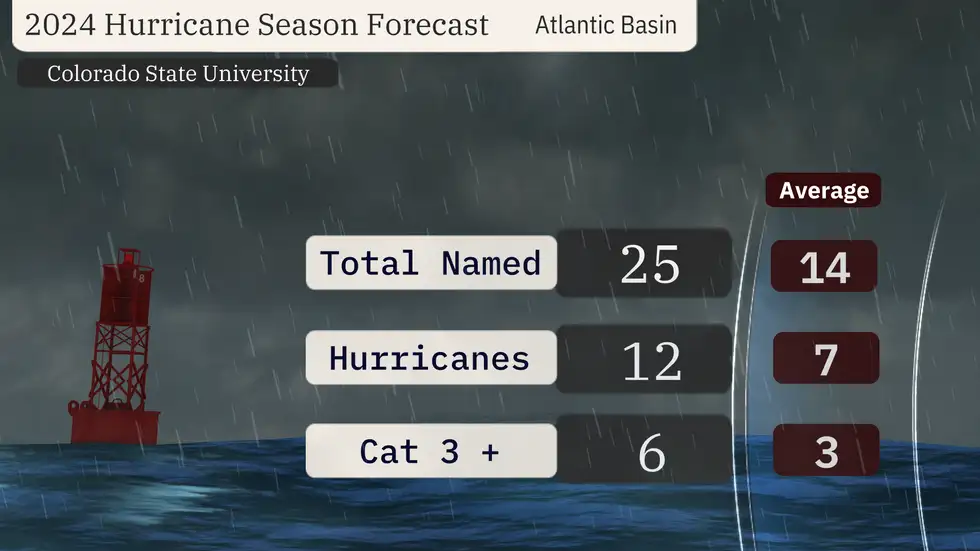
1. Category 1: 74-95 mph Winds
These storms cause minimal damage but can still be dangerous. Expect some power outages and minor structural damage.
2. Category 2: 96-110 mph Winds
Category 2 hurricanes bring more significant damage, including downed trees and power lines. Roof and siding damage is common.
3. Category 3: 111-129 mph Winds
At this stage, hurricanes are considered major. They cause devastating damage to homes, uproot large trees, and lead to extended power outages.
4. Category 4: 130-156 mph Winds
Category 4 hurricanes bring catastrophic damage. Most trees will be snapped or uprooted, and power outages can last for weeks.
5. Category 5: 157 mph or Higher Winds
The most severe category, these hurricanes cause total devastation. Many buildings will be destroyed, and areas hit directly may be uninhabitable for months.
The Economic Impact of Hurricanes
Cost of Damages
Hurricanes can cause billions of dollars in damages. From destroyed homes to infrastructure repairs, the economic impact is enormous. Insurance companies often face massive payouts, which can affect premiums and the availability of coverage.
Impact on Local Economies
The aftermath of a hurricane can cripple local economies. Businesses may be forced to close, tourism can decline, and recovery efforts can take years. Understanding this impact helps communities better prepare and recover.
Insurance and Hurricanes
Review Your Policy
Before the hurricane season begins, review your insurance policy to ensure you’re adequately covered. Make sure you understand your deductibles, coverage limits, and what is included in your policy.
Consider Flood Insurance
Standard homeowner’s insurance policies typically don’t cover flood damage. If you live in a hurricane-prone area, consider purchasing flood insurance to protect your home from storm surges and flooding.
Document Your Property
Take photos and videos of your property before the storm. This documentation can be crucial when filing insurance claims after a hurricane.
The Role of Government and Aid Organizations
FEMA and Disaster Relief
The Federal Emergency Management Agency (FEMA) plays a critical role in disaster response. After a hurricane, FEMA provides resources like temporary housing, financial assistance, and rebuilding support.
The Red Cross and Other NGOs
Non-governmental organizations (NGOs) like the Red Cross offer emergency shelter, food, and medical care. These organizations are often on the ground immediately after a storm, helping those affected get back on their feet.
What to Do After a Hurricane
Safety First
After a hurricane, your safety is the top priority. Avoid downed power lines, flooded areas, and damaged buildings until authorities give the all-clear.
Assessing the Damage
Once it’s safe, assess the damage to your property. Document everything with photos and videos for insurance purposes.
Begin the Cleanup Process
Start cleaning up debris as soon as it’s safe to do so. Be cautious of potential hazards like sharp objects or unstable structures.
The Psychological Impact of Hurricanes
Dealing with Trauma
Experiencing a hurricane can be traumatic. It’s normal to feel stressed or anxious after such an event. Consider speaking with a counselor or therapist to help process your emotions.
Community Support
Lean on your community for support. Connecting with others who have been through the same experience can provide comfort and strength as you rebuild your life.
Conclusion
The NOAA’s prediction of an above-normal 2024 Atlantic hurricane season serves as a crucial reminder of the power of nature. By understanding the risks, preparing early, and staying informed, we can protect ourselves and our communities from the worst impacts of these storms. Remember, preparation is not just about safeguarding your property—it’s about ensuring the safety and well-being of your loved ones.
FAQs
-
What is the NOAA predicting for the 2024 Atlantic hurricane season?
NOAA predicts an above-normal hurricane season in 2024, with a higher-than-average number of storms and hurricanes.
-
How can I prepare for the hurricane season?
Start by creating an emergency kit, developing a family emergency plan, and securing your property.
-
Why is 2024 expected to be an above-normal hurricane season?
Factors like warmer ocean temperatures and climate change are contributing to the increased hurricane activity.
-
What should I do if a hurricane is approaching?
Follow local authorities’ instructions, secure your home, and evacuate if advised.
-
How can I stay informed during the hurricane season?
Utilize NOAA resources, local news, weather apps, and community alerts to stay updated on storm developments.

